The pharmaceutical industry is experiencing a significant shortage of project controls professionals with industry-specific expertise. This scarcity is increasingly affecting the successful delivery of capital investment construction projects for the sector’s top investors.
As pharmaceutical companies ramp up investments in facilities to meet rising demand for innovative therapies, vaccines, and biologics, the lack of specialized talent poses critical challenges.
The Role of Project Controls in Capital Projects
Project controls professionals play a pivotal role in ensuring the successful delivery of large-scale construction projects. They oversee cost management, scheduling, risk analysis, and performance tracking, all of which are vital to meeting project timelines and budgets. In the pharmaceutical industry, these projects often involve high-complexity facilities, such as R&D centers, manufacturing plants, and specialized labs, where regulatory compliance and precision are paramount.
The Talent Gap: A Growing Concern
The demand for experienced project controls professionals has outpaced supply, particularly for those with expertise in the pharmaceutical sector. This gap stems from several factors:
- High Industry Standards: Pharmaceutical projects require familiarity with stringent regulatory environments, Good Manufacturing Practices (GMP), and specialized construction needs.
- Accelerated Investment: The post-pandemic boom in pharmaceutical manufacturing expansion has intensified the need for qualified talent.
- Limited Training Pipelines: Few formal training programs address both project controls and pharmaceutical-specific requirements, leaving a gap in workforce development.
Impact on Project Delivery
The shortage of skilled project controls professionals has tangible consequences for capital investment projects in the pharmaceutical sector:
- Delays in Project Timelines
Without experienced professionals to manage schedules and mitigate risks, projects face delays that can disrupt production timelines, impacting the launch of new drugs and therapies. - Budget Overruns
Poor cost forecasting and tracking can lead to significant budget overruns, which is particularly problematic for large-scale facilities with multi-million-dollar investments. - Increased Risk Exposure
Complex pharmaceutical projects require precise coordination to meet regulatory standards. A lack of project controls expertise can result in compliance risks and potential delays in facility approvals. - Reduced ROI
Inefficient project delivery lowers the return on investment for high-capital projects, making it harder for companies to achieve strategic growth objectives.
Solutions to Address the Shortage
To mitigate the impact of this talent gap, pharmaceutical companies must take proactive steps:
- Upskilling and Training: Invest in specialized training programs to develop project controls expertise tailored to the pharmaceutical industry.
- Collaborations with Academia: Partner with universities to create industry-specific curricula, ensuring a steady pipeline of qualified professionals.
- Global Talent Sourcing: Expand hiring efforts to attract international talent with relevant experience.
- Technology Adoption: Leverage digital tools like AI-driven project management software to optimize processes and reduce dependency on scarce human resources.
The shortage of project controls professionals with pharmaceutical expertise is a growing challenge that threatens the successful delivery of capital investment projects. To maintain momentum in critical facility expansions, pharmaceutical companies must prioritize talent development, collaboration, and innovation. Addressing this gap will be essential to ensuring the timely and cost-effective completion of projects, enabling the industry to meet its ambitious goals for innovation and patient care.

